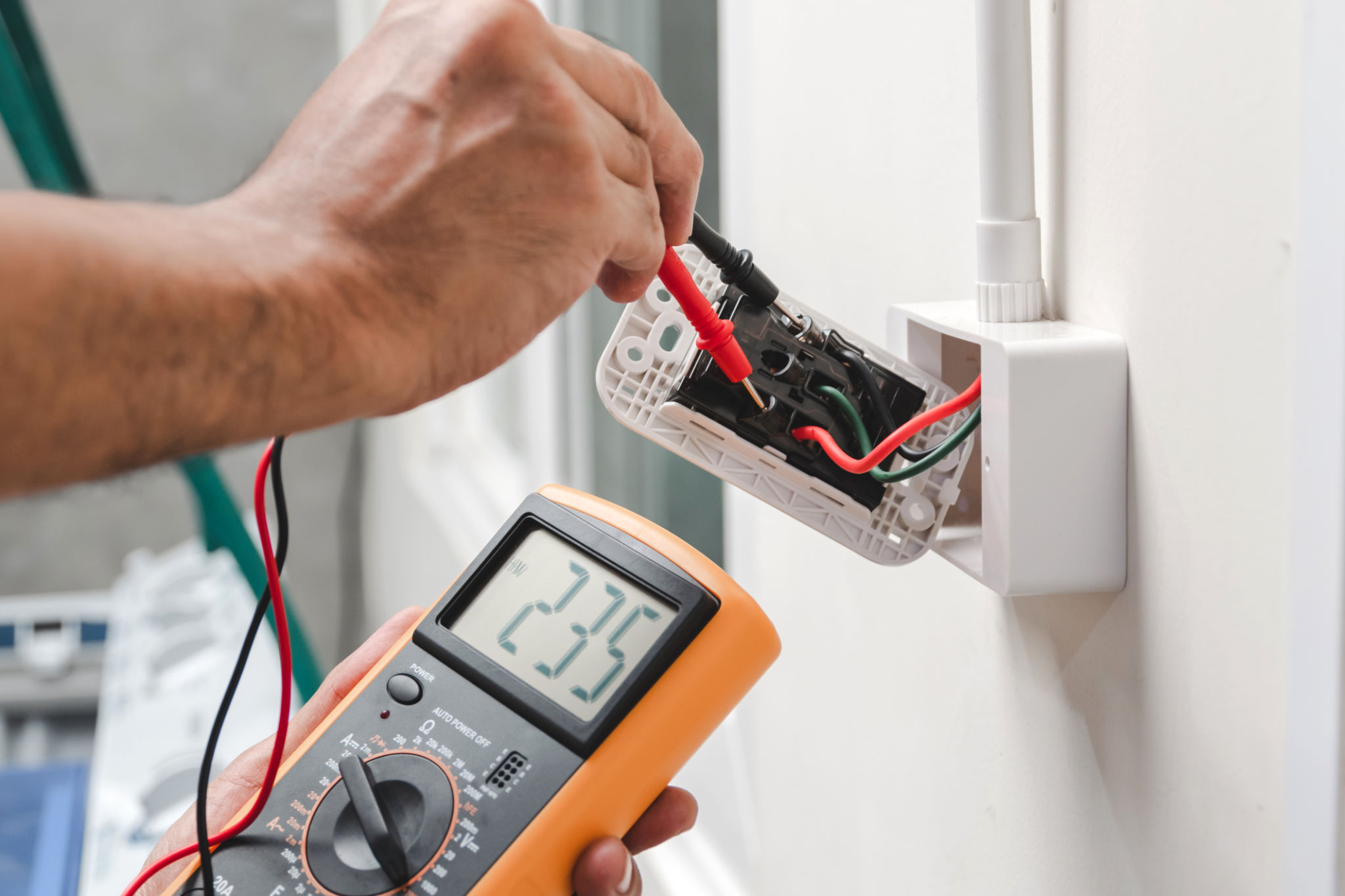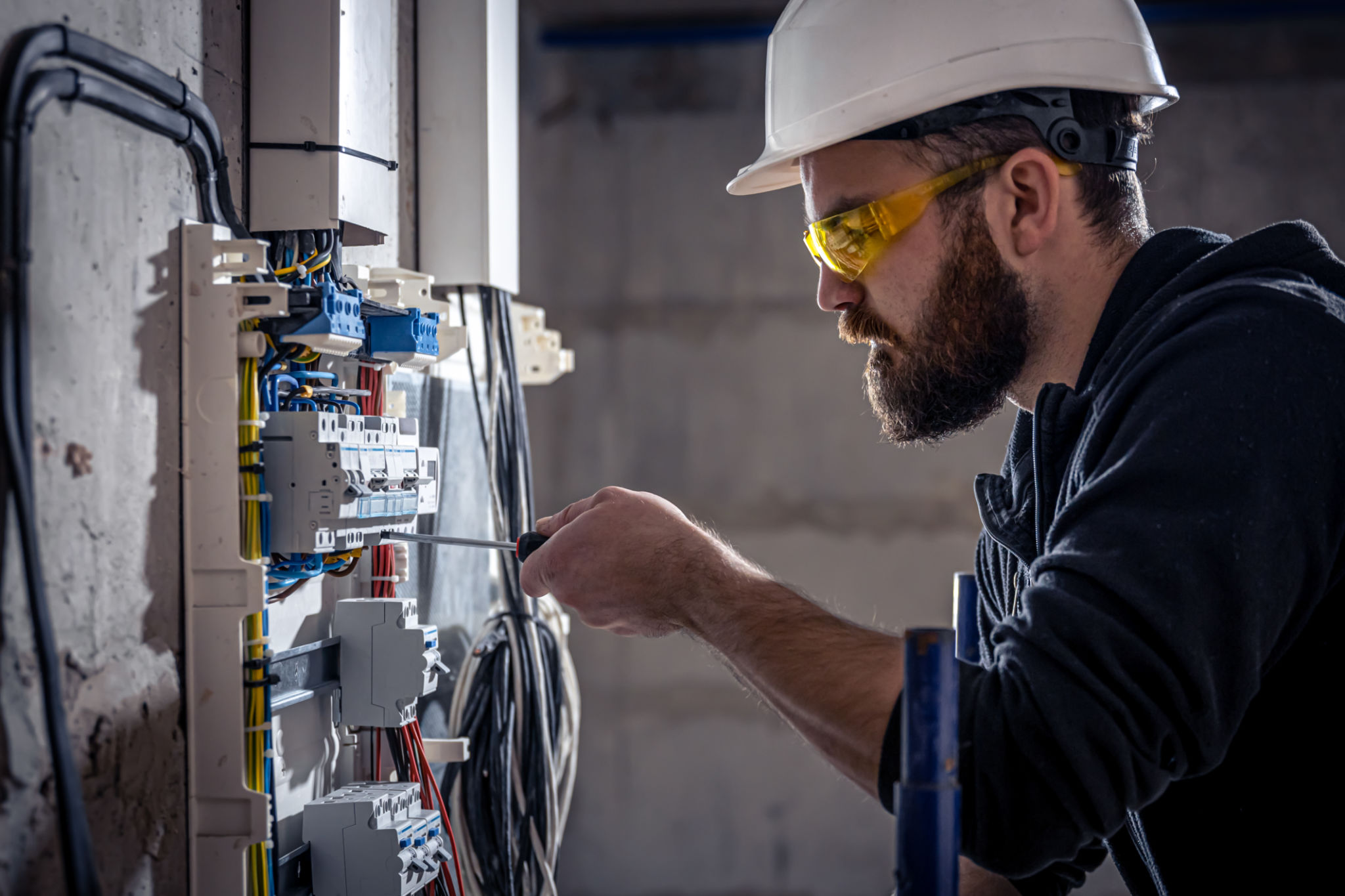DIY Electrical Repairs: What You Can and Can't Do Safely
Understanding the Basics of DIY Electrical Repairs
When it comes to home improvement, tackling electrical repairs might seem daunting. However, with the right knowledge and precautions, you can handle some minor electrical tasks safely. Understanding what you can and can't do is crucial for maintaining safety in your home.
What You Can Do Safely: Simple Electrical Repairs
There are a few electrical repairs that homeowners can safely perform without the need for a licensed electrician. These include:
- Replacing Light Switches and Outlets: As long as you ensure the power is turned off at the breaker, replacing a faulty switch or outlet is relatively straightforward.
- Installing Light Fixtures: Swapping out old light fixtures for new ones can be a simple DIY task, provided you're comfortable with basic wiring.
- Resetting a Tripped Circuit Breaker: If a circuit breaker trips, resetting it is easy and safe. However, if it continues to trip, you should consult a professional.

Tools and Safety Equipment You Need
Before starting any DIY electrical repair, make sure you have the necessary tools and safety equipment. Essential tools include a voltage tester, wire strippers, insulated screwdrivers, and electrical tape. Safety equipment such as gloves and goggles are also important to protect yourself from potential hazards.
When to Call a Professional
While some electrical repairs are manageable on your own, others require the expertise of a licensed electrician. Attempting complex repairs can lead to serious injury or even fire hazards. Here are some tasks best left to professionals:
Complex Electrical Work
Certain jobs require detailed knowledge and experience:
- Rewiring Your Home: This is an extensive job that demands expert handling to ensure safety and compliance with local codes.
- Upgrading Electrical Panels: This involves intricate work that can affect the entire electrical system of your home.
- Installing New Circuits or Subpanels: This is another complex task that should always be handled by a professional.

The Dangers of DIY Electrical Work
Electrical work carries inherent risks. The most significant dangers include electric shock, fire hazards, and code violations. Even minor mistakes can have severe consequences, which is why it's essential to know your limits. Never attempt electrical work if you're unsure about your skills or the complexity of the task.
Final Thoughts on DIY Electrical Repairs
Embracing DIY electrical repairs can be empowering, but it's important to recognize which tasks are within your skill set and which require professional intervention. Always prioritize safety and follow local regulations to ensure your home remains secure and functional. By understanding your capabilities and limitations, you can confidently tackle minor repairs while leaving more complex jobs to those trained for the task.

